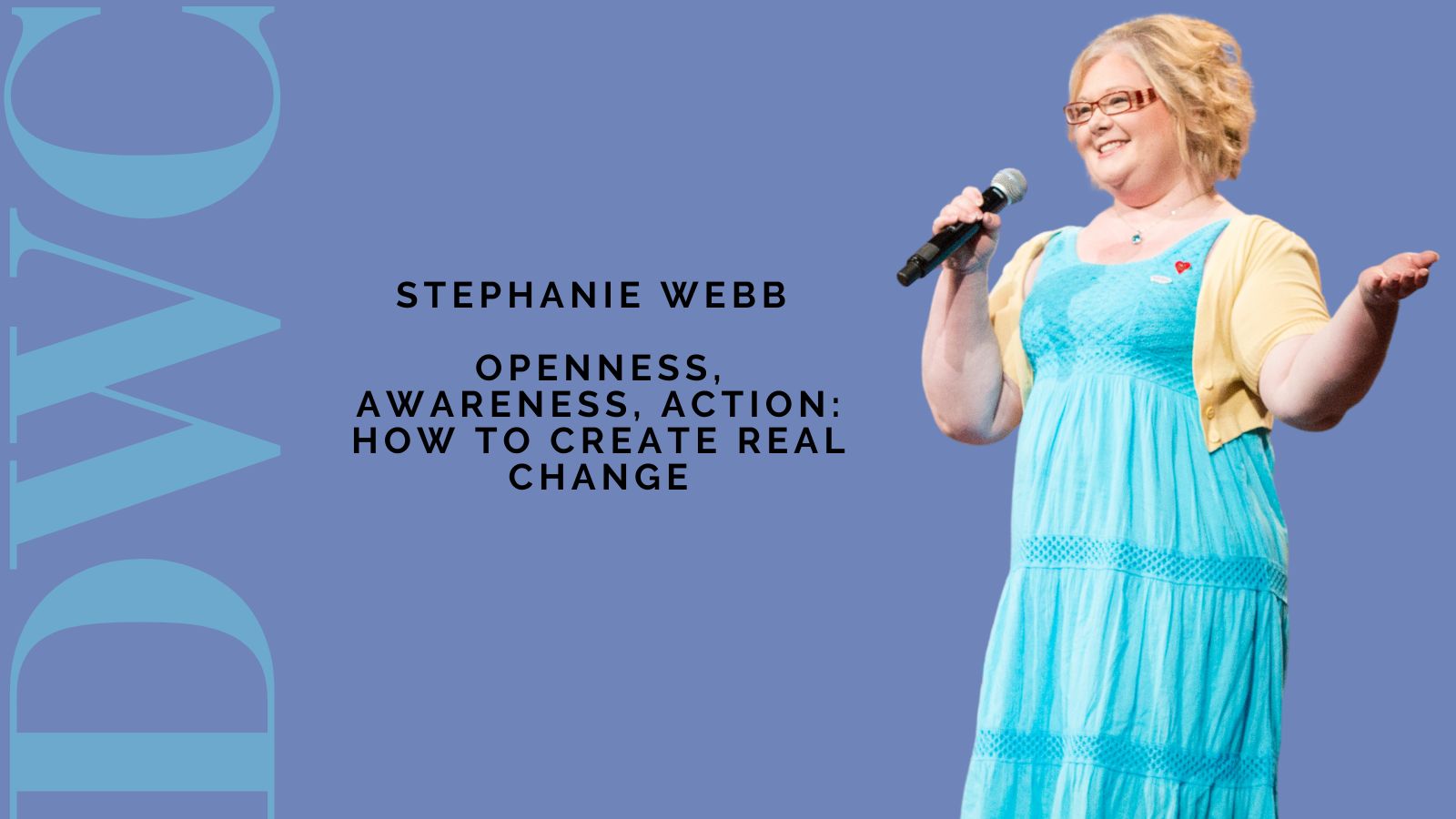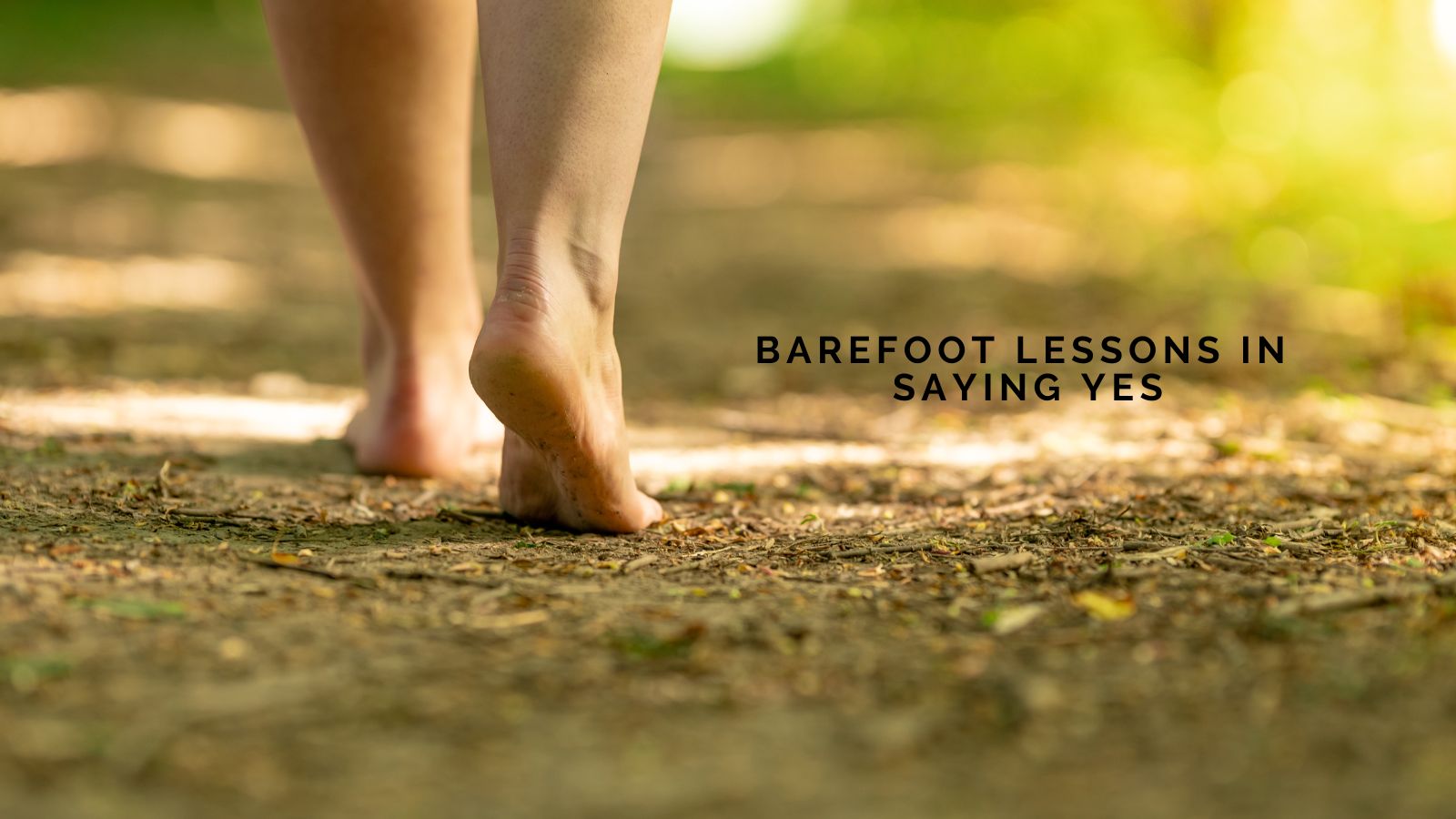
There wasn’t one big moment when I lost my voice. No dramatic fallout, no midlife crisis, no sharp turn off the path. It happened slowly, like fog rolling in—soft and almost invisible. One decision to stay quiet. One moment of shrinking myself to keep the peace. One choice after another to be what everyone else needed instead of what I truly was.
I became efficient. Accommodating. Reliable. And somewhere along the way, I also became invisible—even to myself.
It took years for me to realise I hadn’t just lost time, or energy, or opportunities. I had lost me. But slowly and quietly, I started to come back. I started to unmute.
Why We Go Quiet
For many women, going quiet isn’t weakness. It’s survival.
We learn early how to read the room, shrink our desires, and prioritise other people’s comfort over our own clarity. Some of us were taught that “good girls” keep the peace. That being liked is more important than being honest. That anger is unladylike, and rest is a reward you only get after proving your worth.
And for women navigating chronic illness, trauma, or spiritual pressure, that silence can deepen into something almost undetectable—a constant, low-level abandonment of self. Not because we want to disappear, but because it feels safer than being misunderstood.
The Cost of Being Silenced
The silence didn’t protect me. It drained me.
My body started to speak louder than I ever dared to. Through exhaustion that no nap could fix. Through brain fog that made the simplest tasks feel impossible. Through pain that forced me to pause—not just physically, but emotionally.
I started calling myself lazy. Unmotivated. Undisciplined. But those weren’t the right words. The truth was, I was tired of filtering every part of me through someone else’s expectations. I had spent years being what I thought I should be, and it left me depleted—not just in energy, but in identity.
When you silence your needs long enough, your body starts to shout them for you.
The Return to Self
My return to myself didn’t begin with a grand decision. It began with stillness.
It looked like saying no to things that used to earn me praise. Like letting the dishes sit while I lay down with a heating pad. Like journalling not to solve anything, but simply to hear my thoughts again.
It looked like asking questions I had been afraid to ask: What do I need? What do I want? What would I say if I weren’t afraid?
Some days, reclaiming my voice felt bold. Other days, it felt like barely whispering. But I kept whispering anyway. And little by little, I remembered how to listen to myself without guilt or shame.
Lessons in Reclamation
Here’s what I know now:
You don’t have to explain your boundaries to anyone who benefits from you not having them.
You don’t have to earn your rest.
Being tired isn’t a character flaw. It’s information.
Being quiet isn’t always peaceful. Sometimes it’s a wound.
I used to think my silence made me strong. Now I know that speaking up for myself—even just to myself—is what real strength looks like.
This journey back to my voice wasn’t loud or glamorous. It was gentle. Private. Sacred. And it was mine.
A Gentle Invitation
If any part of this feels familiar—if your voice feels distant, if your joy feels dulled—I want you to know you’re not alone.
You’re not broken. You’re not behind. You haven’t missed your moment.
You’re just in the process of remembering who you are.
And that, my dear, is not weakness.
That’s wisdom.
_-_2025-09-24T221513.012.jpg)

 - 2025-09-24T221513.012.jpg)





